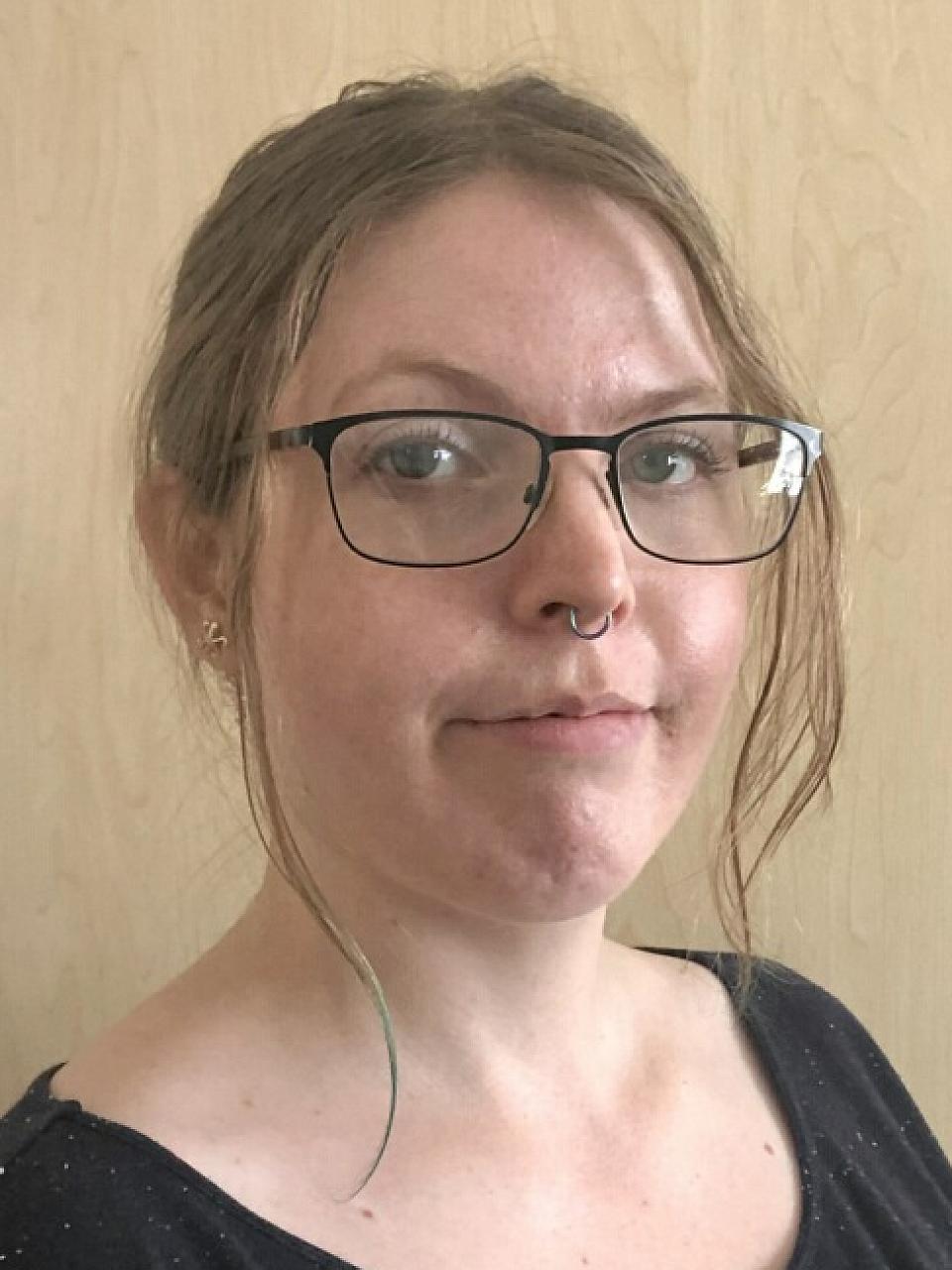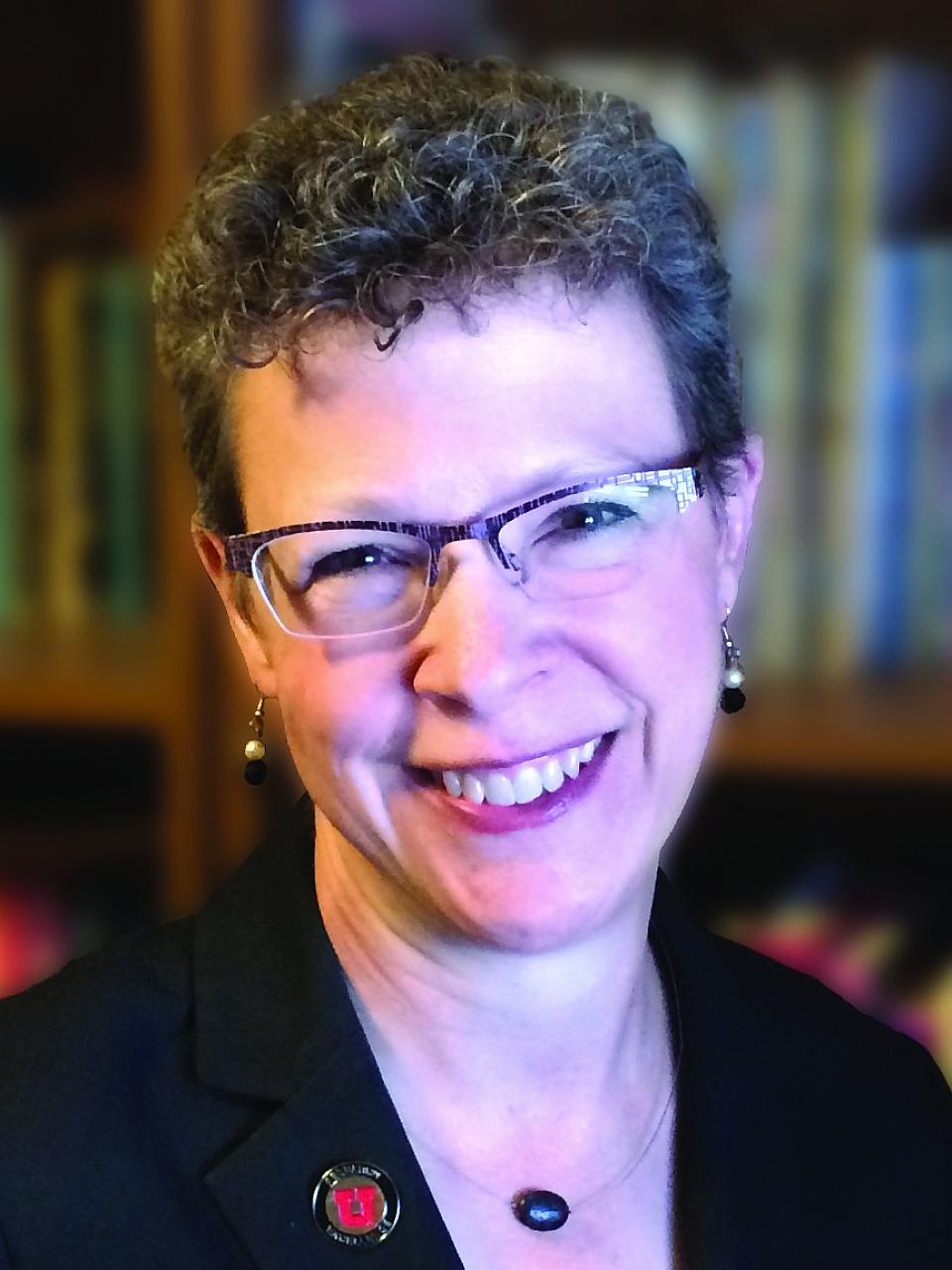Voices of U of U Health
Free Trial of Interlibrary Loan Serves Users and Libraries Nationwide
Use of the Spencer S. Eccles Health Sciences Library at the University of Utah is on the rise. In October, there were nearly 14,000 visits—almost back to pre-COVID numbers. At the same time, our interlibrary loan service is being used more than ever before.
Vital Library Service Increases Information Access
Interlibrary loan is a reciprocal sharing service between libraries. It gives borrowers access to materials that their own libraries don’t have. Participating libraries allow other libraries to view their catalogs. This lets library workers locate requested materials for their users. It’s a vital service for libraries with limited collections. But even libraries with extensive collections benefit from interlibrary loan. No library can fulfill every user’s request.
How does it work? University of Utah faculty, staff, and students make interlibrary loan requests. Then we search databases to find libraries around the country that have the requested books, journal articles, and other materials—and are willing to lend them. We also send materials to libraries and institutions that request items that we have.
More than 98% of the materials that we lend and receive are digital files shared via PDF. That helps libraries fulfill requests quickly. We occasionally send and receive items by mail, including through our home delivery service.
Temporarily Waived Transaction Fees

Many libraries charge a small transaction fee—usually $11 or $12—for each interlibrary loan. The cost is typically absorbed by the library, not the end user. Transaction fees can quickly add up, chipping away at a library’s budget.
Earlier this year, we decided to waive our transaction fees for interlibrary loans to external institutions for a six-month period. We wanted to remove the barrier so that physicians, students, and researchers nationwide could access our collection. Our goal is to provide needed information that will ultimately help reduce human suffering.
In July, we launched our free trial—offering free interlibrary loan services to libraries across the country through December 31, 2023.
It was a potentially risky venture. What if we were overwhelmed by requests? We have a small library services team with two full-time employees and several part-time employees. Although we’ve seen the number of interlibrary loan requests increase, we’ve fulfilled them without issue.
Fulfilling Interlibrary Loan Requests
In 2016, we did away with transaction fees for University of Utah library users. They were unaffected by our free trial. Faculty, staff, and students can still search our catalog online for articles, books, and other materials. If an item isn’t available, they’ll see a link to request the item by interlibrary loan.
Library users at other institutions make similar requests, prompting their library staff to seek materials through the proper channels.
Many health sciences libraries use DOCLINE, run by the National Library of Medicine, to fulfill interlibrary loan requests. We also use WorldShare, offered from OCLC. When we eliminated our transaction fees, we were eligible to join two fee-free groups: FREESHARE and Libraries Very Interested in Sharing (LVIS). Members of these groups agree to share materials with other members at no cost. That’s where we access much of what our borrowers request. It’s also where other libraries find us to request our materials.
During our free trial, libraries from 49 states, the District of Columbia, and Puerto Rico borrowed from us. We’ve fulfilled significantly more requests than before.
Last year, between July and September 2022, when we charged a fee for interlibrary loans, we fulfilled 1,850 requests—connecting with 288 libraries. Between July and September 2023, when we waived our fees, we fulfilled 4,073 requests—connecting with 908 libraries.

Grateful Borrowers at the University of Utah
At the U, people often receive requested materials within a day or two—sometimes within hours. It’s such a seamless process, many library users don’t realize this is not an automated service. Library staff are working behind the scenes to fulfill every request.
We receive thank-you messages daily from people on-campus and at external libraries.
Joshua D. Schiffman, MD, is an adjunct professor of oncological sciences at the U and investigator at Huntsman Cancer Institute. Interlibrary loan lets him access scientific articles from journals that he otherwise couldn’t read.
“Interlibrary loan is one of my favorite services offered by the university,” he said. “It’s truly impossible to put a value on it.”
Jessica Hurtado, MPA, is director of admissions for the Spencer Fox Eccles School of Medicine at the University of Utah and a PhD student at Colorado State University. Most of her interlibrary loan requests are fulfilled digitally. But once, she received a reference manual from the Library of Congress that couldn’t leave our library. We copied and scanned the document for her, so she could use it in her research. Another time, Hurtado requested a book chapter that she had co-authored.
“It hadn’t come to press yet, so I sent a request to the library to see if they could access it,” she explained. “They got it to me before the publisher did.”
Grateful Borrowers at Other Libraries
Since we waived our transaction fees, we’ve gained return borrowers. Certain libraries seek us out because we’re fast, reliable, and accurate.
Over the past three months, Carlos R. Fernández, medical librarian at Cleveland Clinic Florida, borrowed nine items from us.
“It’s financially impossible for any library to have full access to all the medical information there is out there,” Fernández said. “Using DOCLINE allows me to fill in the gaps.”
We’ve also fulfilled many requests for Susan Keller, research librarian at Children’s National Hospital in Washington, DC.
“They were specialized journals, and I was surprised that I could get them for free,” Keller said.
Important Step for Health Equity
We’re not entirely sure what will happen after our interlibrary loan free trial concludes on December 31. Our team will analyze the data before making a decision about transaction fees for 2024 and beyond.
The free trial helped us realize waiving transaction fees is an important step for health equity. It allows health care providers to access needed materials, whether they’re at an academic health center or a small rural location. It’s a great equalizer, helping to reduce human suffering wherever it occurs.
Special Thanks To Our Interlibrary Loan Team
A number of library employees, led by Alison Mortensen-Hayes, help fulfill interlibrary loan requests. We greatly appreciate Mikio Moriyasu, Olivia Kavapalu, Nathan Memmott, Simon Yim, Sunjin Yim, Ryan Cooper, Ruby Thorn, and Kenda Connors. Without their support, it would not have been possible to extend the free trial to external libraries.

